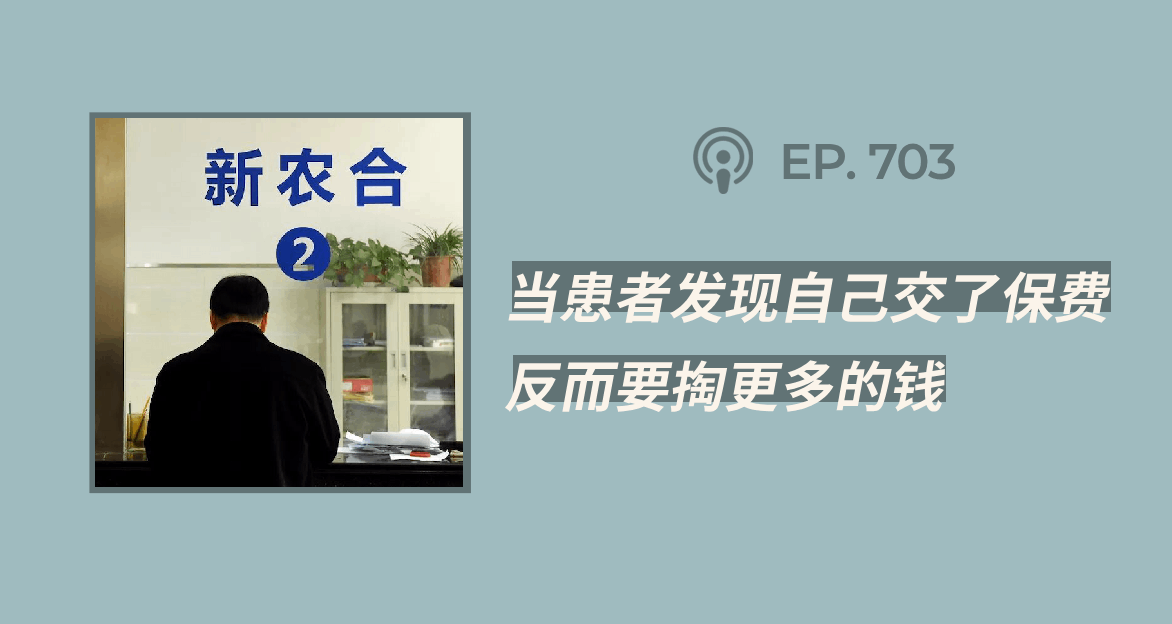原作者:
来源老外看中国:South Korea most basic test for China's soft power
译者colachook
South Korea most basic test for China’s soft power
老外看中国:韩国——中国软实力的最佳试验平台
Source: Global Times [23:20 April 11 2011]
《环球时报》,2011年4月11日,23:20
By Lee Seong-hyon
作者:李圣铉
The “soft power” guru descended upon Beijing last month.
上个月,“软实力”权威人士突然拜访北京。
“I was asked to lecture at Peking University on soft power, the ability to use attraction and persuasion to get what you want without force or payment,” said Harvard professor Joseph Nye, inventor of the concept, in a recent column in the Washington Post.
“我被邀请到清华大学作‘软实力’主题演讲,这是一种无需使用武力也不用掏钱、只需要发挥自身魅力和说服力就可以得到自己想要的东西的能力,”哈佛教授、“软实力”概念的发明者乔瑟夫.奈伊在最新一期《华盛顿邮报》专栏中说。
Frankly, Nye’s definition of “soft power” doesn’t make much intuitive sense. But its counter-intuitive nature is exactly what makes it sexy. “Soft power” has become an instant global cult, especially in China where it has become a pillar of diplomacy these days.
老实说,奈伊对“软实力”的定义并不会让人产生多大的直觉。但是,它的反直观性恰好就是它的魅力所在。“软实力”已经成为目前风靡全球的热现象。尤其在中国,“软实力”这些天已经成为该国的重要外交手段。
Nye’s piece also sparked a heated debate among foreign experts on China, who are keen to see how China’s soft side would manifest.
奈伊德言论还引起了在中国工作的外国专家之间的激烈辩论,这些人对中国如何彰显其软实力具有独到的观察力。
Yet soft power requires patience. It takes a long time to really impress the world. Since Chinese President Hu Jintao gave his commitment to the concept in 2007, China has been developing the theoretical platform for a charm offensive, based on the idea of “peaceful rise,” and also incubating Confucius Institutes around the world that can serve as China’s soft power outposts abroad.
然而,软实力需要耐心。经过了很长一段时间,全世界才真正认识到它的独特魅力。自从2007年中国主席胡锦涛给与这个概念充分肯定后,在“和平崛起”的思想指导下,中国一直在发展相关理论平台,向全世界发起软实力魅力攻势。同时,中国在全球范围内创建多个孔子学院,把软实力的影响带到国外去。
Essentially, soft power is a cure for China’s wounded global image. Yet, like any medicine, it needs a trial.
软实力可以从根本上挽救中国一度下降的国际形象。然而,如同任何药物一样,它同样需要尝试。
But how? Is there any way to “experiment” with China’s soft power? All China has to do is to turn its head to its neighbor, South Korea. That is China’s test bed for soft power.
但是该如何进行尝试呢?是否可以采取什么办法对中国的软实力进行“试验”?总的来说,中国不得不把眼光转向自己的邻居——韩国——中国软实力的最佳试验平台。
The Seoul-Beijing ties suffered a setback in the wake of the Cheonan and Yeonpyeong incidents last year.
去年,韩国和朝鲜发生了天安舰和延坪岛一系列冲突事件后,首尔—北京的关系一度出现倒退。
Then in December, a fatal clash over a fishing boat occurred in the Yellow Sea. Beijing’s demand for an apology and compensation greatly upset Koreans, who felt the Chinese side had been to blame.
接着,在12月,一艘渔船在黄海遭遇致命碰撞。北京要求韩国道歉并且作出相应赔偿,这让韩国人很不爽,他们觉得中国人应该为这起事故负全部责任。
South Koreans began to form an image of a bullying and arrogant China. Today there is a robust anti-China sentiment in some pockets of South Korea, although government officials are shy of openly acknowledging it, much less telling it to the Chinese side.
在韩国人印象中,他们开始觉得中国恃强凌弱、傲慢自大。如今,尽管政府官员羞于开口公开承认这样的事情,更不想让中方知道他们的真实想法。但是,在一小撮韩国人中,甚至出现高涨的反华情绪。
According to the South Korean media, the current relationship between China and South Korea is the “worst ever” since they established diplomatic ties in 1992.
根据韩国媒体的报道,自从1992年中国和韩国建立外交关系以来,目前两国的关系“处于最尴尬时期”。
Against this backdrop, South Korea is the ideal testing ground to launch China’s charm offensive. It has a relatively small population of 49 million, shares a common Confucian heritage, and is right next door to China.
正是因为这样的敌对背景,韩国恰恰是中国发起魅力攻势的理想测试地。韩国有4900万人,人口密度不大,整个民族在孔子思想遗产上一脉相承。另外,韩国恰好是中国的邻居。
If China’s soft power cannot succeed in South Korea, which shares the same cultural roots, how can it succeed in other countries that don’t share the same cultural heritage? If China cannot charm its neighbor, how can it charm faraway cities such as Washington, or London or Paris?
如果中国的软实力不能在具有同样文化根基的韩国获得成功,想在在文化遗产迥异的其它国家站稳脚跟?谈何容易!如果中国不能以自身魅力让自己的邻居陶醉,就想吸引远在万里之外诸如华盛顿、伦敦或者巴黎等城市?更是幻想!
Furthermore, South Korea is a willing target. It has been inching closer to China. For example, South Korea’s foreign ministry recently established the China Research Center under its think tank, the Institute for Foreign Affairs and National Security.
进一步来说,韩国对此并不排斥。这个国家一直以来都有意向中国示好、向中国看齐。例如,韩国外交部最近成立了在其智囊团——外国事务和国家安全研究所领导下的“中国研究中心”。
Almost all South Korean diplomats who had previously served in China attended the inaugural ceremony, including Ambassador Chung Jong-wook and also Ambassador Shin Jung-seung, who heads the center. Foreign Minister Kim Sung-hwan also personally delivered a congratulatory speech. The officials told me that it was unprecedented for Sourth Korea to name a national research center after a certain country’s name.
几乎所有曾经在中国任职的韩国外交官都参加了开幕庆典,其中包括驻华大使Chung Jong-hwan以及前任驻华大使辛正承,这两位都是该研究中心的核心人物。韩国外交通商部长金星焕当天出席成立仪式并发表讲话。有关整个福官员告诉我,这是韩国历史上首次以某个国家的名字命名国家研究中心。
South Korea’s foreign ministry also made specific steps.
韩国外交部还提出了具体的施行步骤。
It doubled the number of officials working for the China desk and enlarged the budget for China affairs eightfold. That was also unprecedented and reportedly even made the US desk, previously the center of South Korean diplomacy, envious.
坐在谈判桌上与中方进行斡旋的韩国官员增加了两倍,韩国历史上将对华事务的预算额度增加8倍之多。据报道,这让韩国之前的最大外交中心国——美国感到分外眼红。
China can prove its soft power by successfully mounting charm offensives in South Korea. That will also help the South Korean government to prove to its people that its foreign policy adjustment was the right choice.
通过在韩国成功开展魅力攻势,中国就能够证明其强大软实力。此举还有助于韩国政府向国民证明,国家在外交上作出调整是正确的。
The author is a Ph.D. Candidate at Center for International Communication Studies, Tsinghua University. lee.seonghyon@gmail.com
本文作者为清华大学国际交流学习中心的博士学位候选人。lee.seonghyon@gmail.com.
相关文章:














